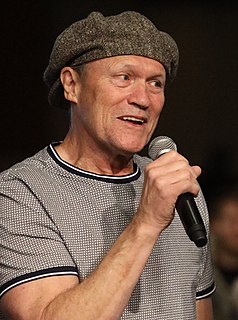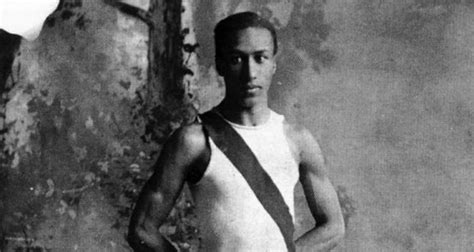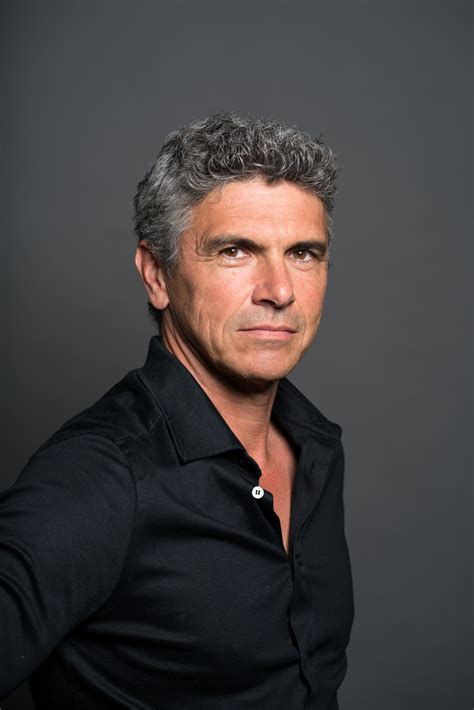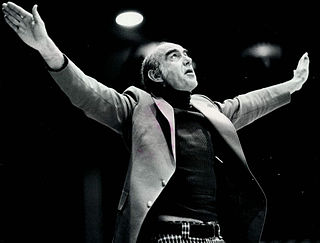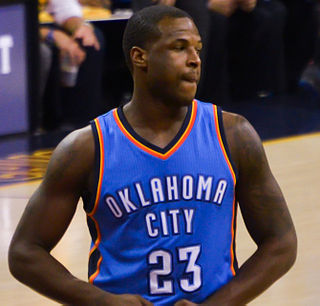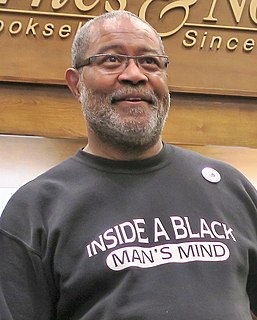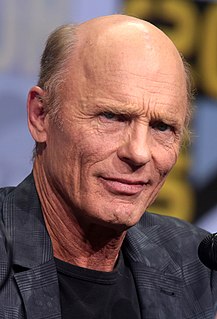A Quote by Campbell Scott
Since I was from the theater, that's how I learned how to go through the process of being a character. That's how I learned, and that's what I was comfortable doing. And then, the first feature films, I'm sure I was no fun because I did not want to be spontaneous in that filmic way that really can work for you.
Related Quotes
Rock 'n' roll says, 'Hey, man, this is where you can be normal,' and then after a while you grow up and you go, 'Wait a minute. Oh, by the way, I learned how to do these cool things, but I never learned how to speak my mind. I never learned how to express myself emotionally. I should have been paying attention more.'
Stage is so important because it teaches me how to convey character with words - how to convey how a character reacts by the way they appear on stage. I can usually tell a playwright from someone who has never written for the stage. Did the character work? Did the dialogue reveal who the character is?
There's, what, 300 films at the Telluride or Toronto or something. How many are those people gonna see? How many of those are actually gonna be in a theater, you know? You know, as an actor, I mean, I learned a long time ago that the fulfillment in this business is the doing of it because you can't rely on anything coming out.

